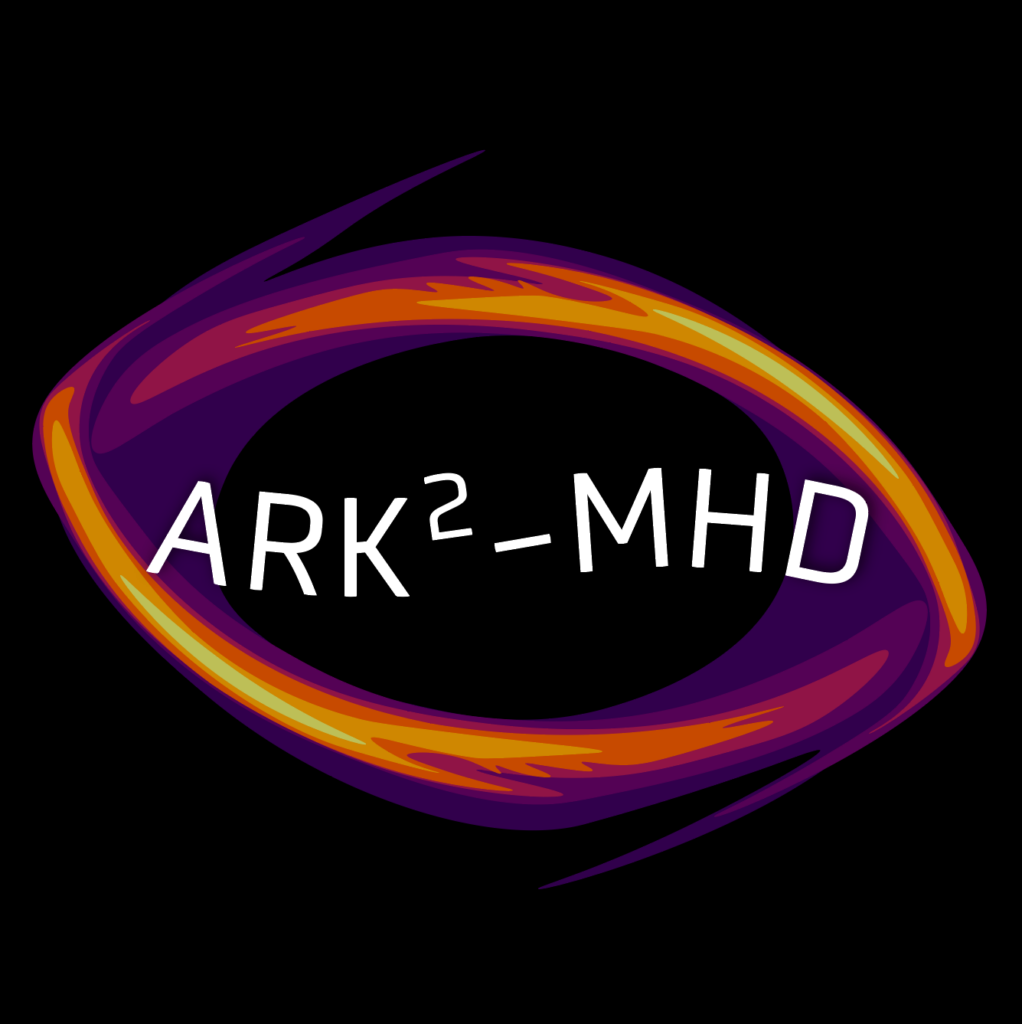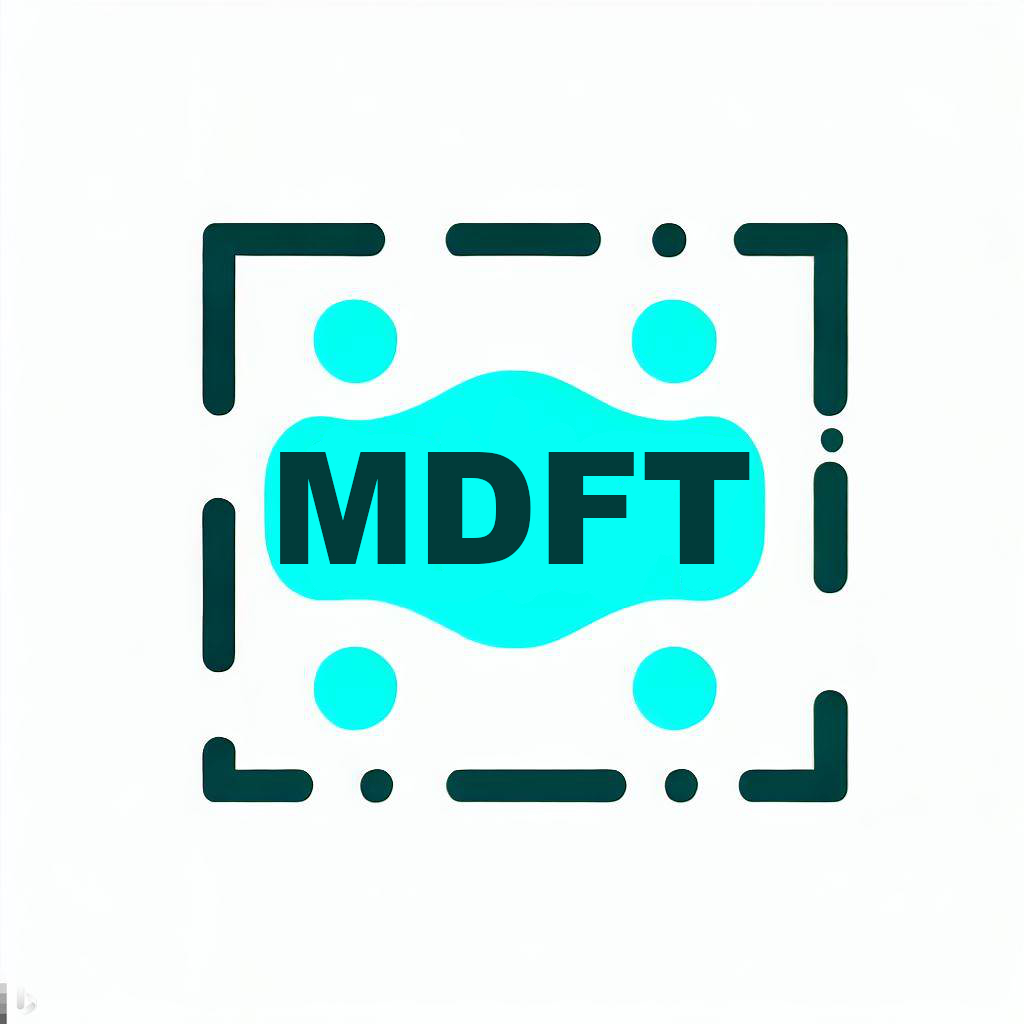Science by Computing
The Team
The Science by Computing (SbC) team is dedicated to supporting various user communities in intensive computing. In close collaboration with these communities, it participates in the joint development of computational codes and data analysis tools, making optimal use of new supercomputer architectures, in particular exaflop supercomputers. In addition, it offers cutting-edge expertise in essential skills and tools to other communities.
The SbC team focuses on 5 main themes :

Astrophysics
Main code : ARK2-MHD
Contact point : Pascal TREMBLIN
ARK2-MHD (Advanced Numerical Simulation Code for Magnetohydrodynamics) is a high-performance open-source simulation code designed for solving large-scale magnetohydrodynamic (MHD) problems. It is developed to leverage modern exascale computing architectures, incorporating advanced numerical methods, efficient parallelization, and cutting-edge I/O tools for in-situ data analysis. ARK2-MHD is particularly suited for astrophysical simulations, such as the study of convective dynamos in stellar atmospheres. The code employs the second-order MUSCL-Hancock finite-volume scheme for solving MHD equations and is optimized for GPU-based architectures using Kokkos, ensuring portability across diverse platforms, including OpenMP, CUDA, and HIP. Its scalability across thousands of GPUs is enabled through MPI, allowing efficient communication and load balancing for high-resolution simulations. Supporting resolutions up to 4096^3, ARK2-MHD facilitates detailed modeling of turbulent and magnetized flows and has been successfully tested on cutting-edge GPUs such as the AMD MI300, NVIDIA H100, and Intel MAX 1550.

Plasma physics
Main code : GYSELA-X++
Contact point : Thomas PADIOLEAU
We are providing consulting and support by developing a reusable library of domain-specific gyrokinetic operators to address diverse simulation needs, leveraging modern C++ for robust, maintainable code. By utilizing advanced libraries like Kokkos, DDC, and PDI, we are ensuring modular design and clear separation of concerns. We are also working on integrating Python to enable seamless in-situ data analysis. Additionally, we are implementing flexible packaging solutions to support environments ranging from laptops to supercomputers. Finally, we are actively conducting performance analysis and optimization to enhance application efficiency.

Physical chemistry
Main code : deMon2k
Contact point : Karim HASNAOUI
deMon2K is a software package for density functional theory (DFT) calculations. In partnership with the TheoSim group at ICP Orsay, the Maison de la Simulation provides support for the deMon2k code, focusing on debugging, optimization, parallelization, and GPU implementation. The main objectives include improving efficiency and scalability, as well as implementing the code on GPU architecture. The main results showed better efficiency and scalability by using MPI, OpenMP, and the ScaLAPACK library, as well as a successful multi-GPU implementation using MPI, CUDA/HIP, and the MAGMA library. Furthermore, an OpenACC implementation for the Kohn-Sham matrix is currently in progress.

Main code : MDFT
Contact point : Riccardo SPEZIA, Jean-Marc LUDE
MDFT is a software package for classical and molecular density functional theory calculations, enabling the computation of solvation energies of complexe solutes in solution for a fraction of the price of QM/MM calculations while keeping data on the solvant structure. This code is currently under development on the physical side and on the computational side
On the physical side, the code is developed to enable solvation energies in different solvent and thermodynamical properties. It is also currently being coupled with an electronic structure code to enable geometry optimisation of molecules in their solvent.
On the computational side, the main kernel of the code, which computes spherical harmonics on a spatial grid through FFTs, is under rewirtting to enable heterogeneous computing through the KokkosFFT librairy.

Light/matter interaction
Main code : Smilei
Contact point : Charles PROUVEUR
Smilei is a Particle-In-Cell code for plasma simulation developed in C++ and based on an object-oriented architecture. Open-source, collaborative, user-friendly and designed for high performances on super-computers, it is applied to a wide range of physics studies: from relativistic laser-plasma interaction to astrophysics. It continuously includes more and more physics modules and geometries following the needs of the users community. At MDLS, several research engineers developers dedicated to the core of the code make sure that it performs well on the newest HPC systems. The main focus at this moment consists in porting the different modules of SMILEI on GPU and making sure SMILEI is working on the most advanced supercomputers.

Energy
Main code : AMITEX
Contact point : Yushan WANG
AMITEX_FFTP is a distributed solver based on FFTs for non-linear mechanical simulations on heterogeneous unit-cells (described by regular 3D images). It is developed in Fortran and can be run either on individual PC, local clusters or on large High Performance Computing platforms to perform large scale simulations. The code combines massively parallel implementation with a versatile user interface. Two topics are investigated during the collaboration with MdlS :
- GPU porting of the mechanical behaviors;
- GPU porting of AMITEX_FFTP, with focus on the 3D FFT and with a pencil-like domain decomposition.
Main code : canoP
Contact Point : Pascal TREMBLIN
canoP (a Computational Fluid Dynamics Library with Adaptive Mesh Refinement) is an open-source computational fluid dynamics (CFD) library designed to address complex fluid flow problems using a cell-based adaptive mesh refinement (AMR) approach. By leveraging the p4est library, canoP dynamically adjusts the computational grid, refining or coarsening it based on solution requirements. This capability enhances accuracy in regions with steep gradients while optimizing computational resource usage, making it an efficient tool for multiphase flow simulations. The library supports various models to simulate different flow regimes. For single-phase flows, it employs the monofluid model, while for two-phase flows, it offers the bifluid5eq model, which implements a five-equation homogeneous equilibrium approach, and the bifluid7eq model, which uses the more detailed seven-equation Baer-Nunziato framework. These models enable the simulation of a wide range of fluid dynamics scenarios for applications in the energy domain.
